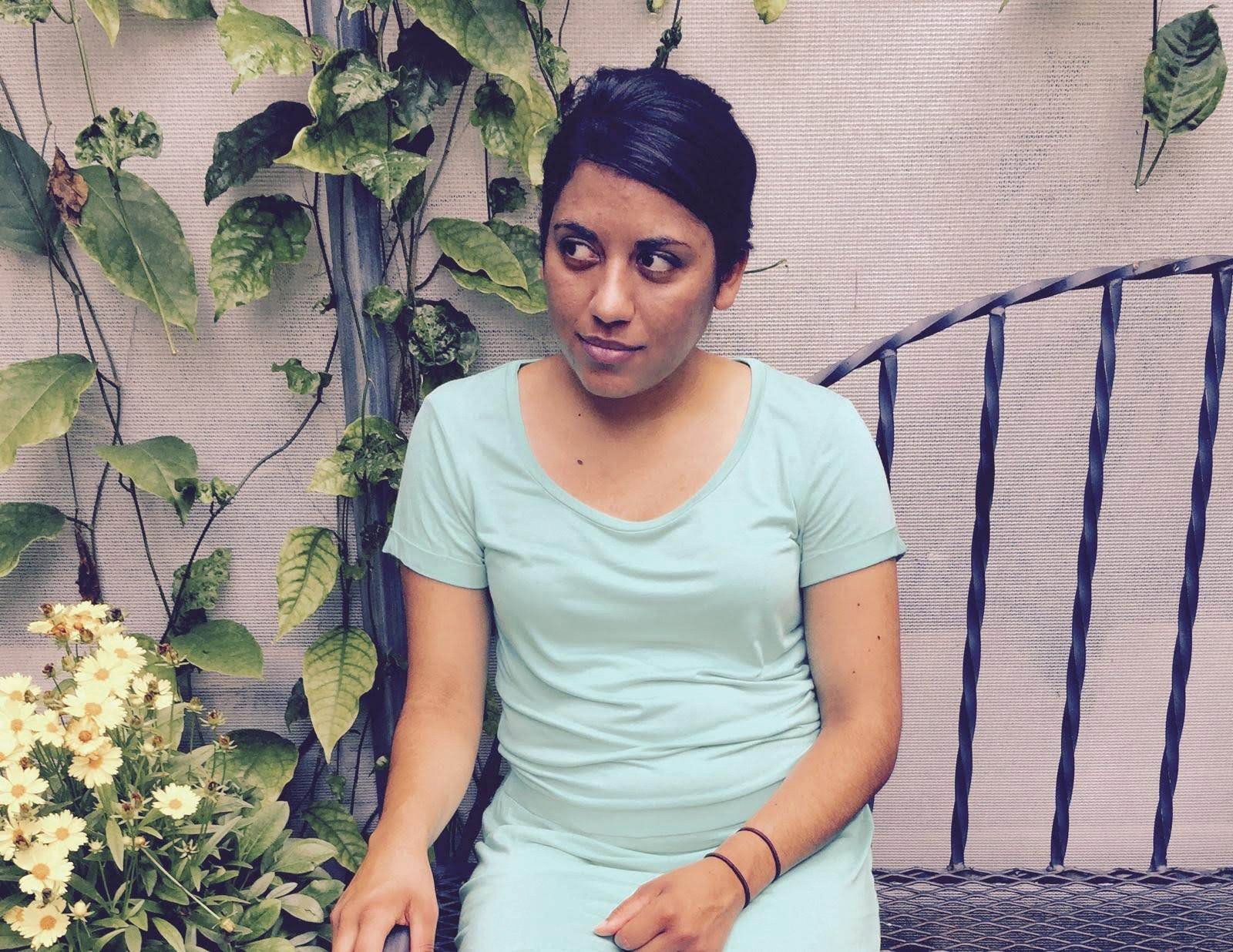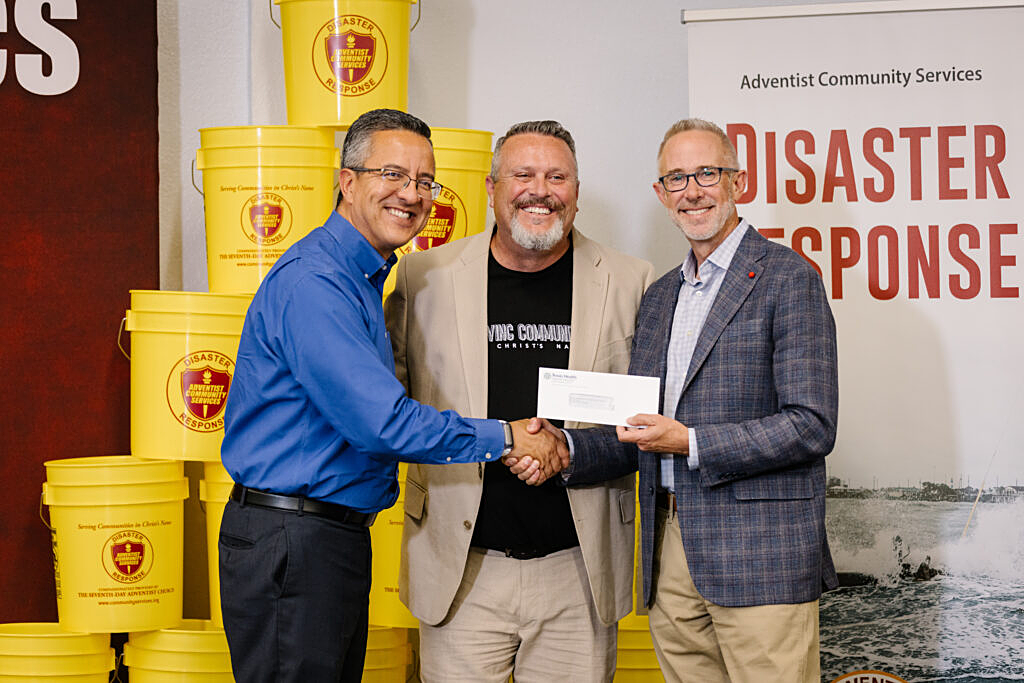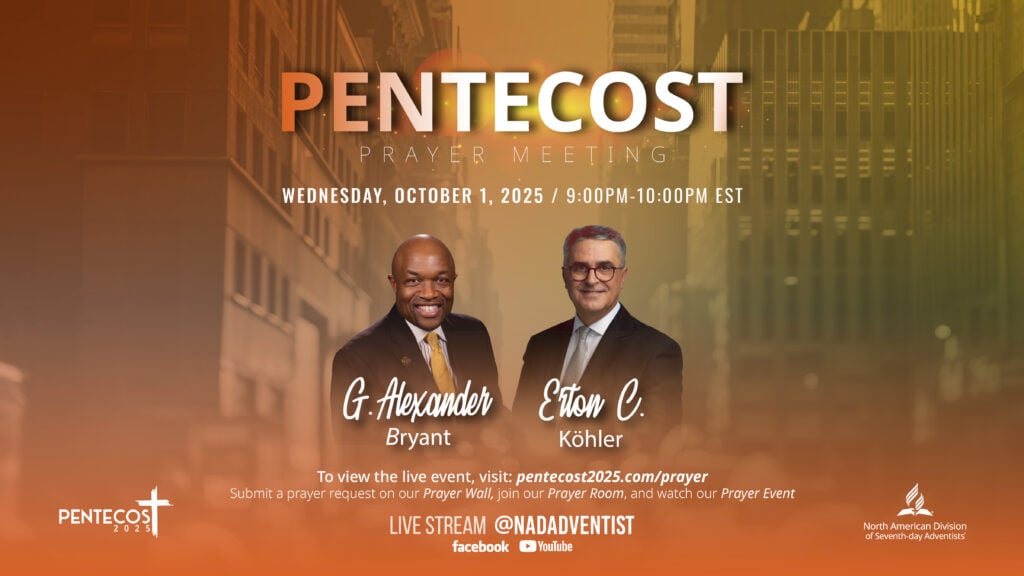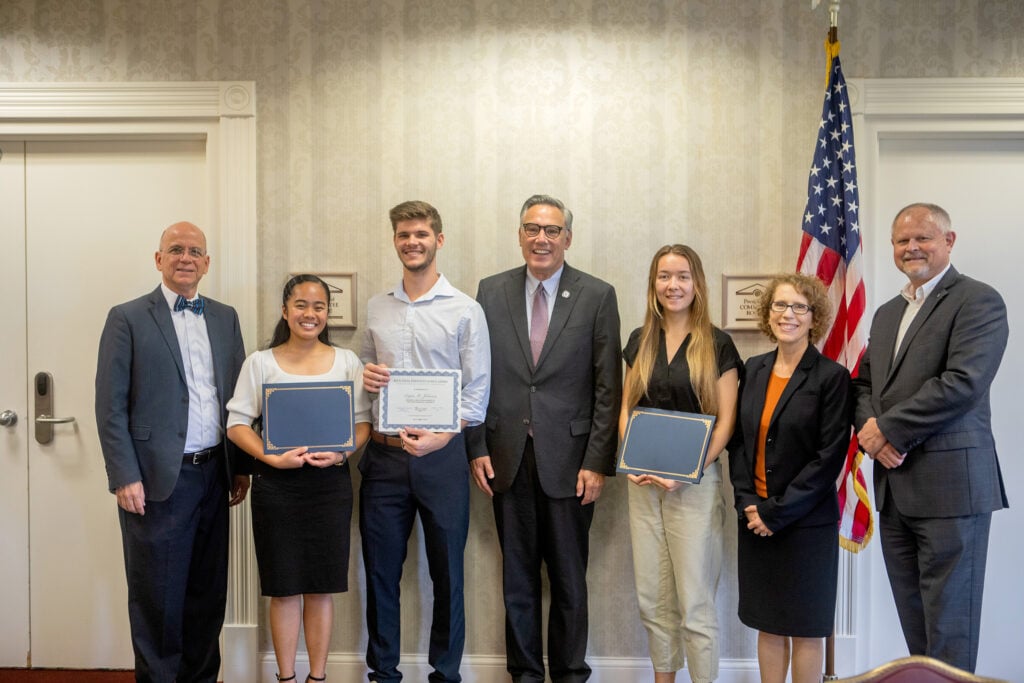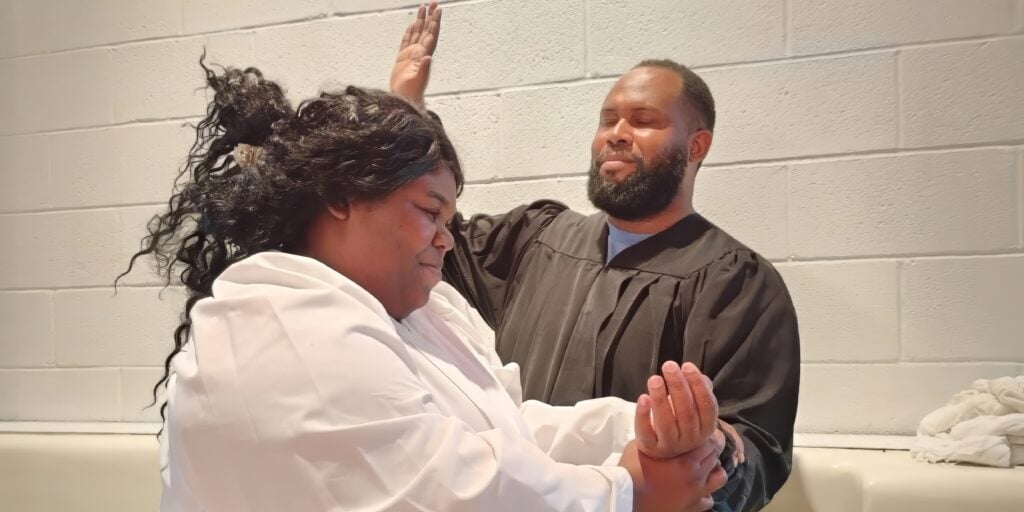Marissa Channer doesn’t know the exact moment her disease started, but she remembers a significant turning point with her health. It was in February 2016, around the same time she started her role as a financial services accountant at AdventHealth University (AHU) in Florida.
Channer had been working for three years in the cash reconciliation department at AdventHealth’s corporate office. She was comfortable. She had no intentions of switching jobs—but she started to feel a stirring from God.
“I felt God was speaking to me, but I kept arguing with Him about it,” she said. “One day I just prayed that if He wanted me to go somewhere else, He would need to bring the job to me. At that same moment I got a phone call from who would be my future boss at the university. He told me they were creating a new position, and he wanted to offer it to me first. I don’t know why we ever doubt God, because He’s always looking out for our best interest. In hindsight I see so many reasons He led me to AHU.”
In the month that Channer began her new job, her health started to decline. She struggled with her weight beforehand, but at this point her physiology started drastically changing. She didn’t know it then, but transitioning to AHU would eventually set her on her path to discovery and healing. It was also after she transitioned to AHU that she began designing her own prayer journal planner.
“Prayer is very important to me. I consult God about everything,” Channer said. “But I started coming to our quiet time with too many materials—my prayer journals, planners, notes. No journal I found was quite right or fully comprehensive for what I needed, so I decided to create my own.”
Mystery Solved
Channer’s most frequent prayers during this time were for answers. She had gone to a few doctors and specialists, but they didn’t know what was wrong. She remembers talking to one of her colleagues at AHU about how she was “done seeing doctors.” But her colleague insisted she give one specific physician a chance: George Guthrie, M.D., M.P.H, of the AdventHealth Medical Group.
“Dr. Guthrie was a godsend,” Channer said. “I knew him from my church, so I was a little more comfortable giving him a shot. And if I hadn’t gone to him, I’m sure I would’ve never received a true diagnosis.”
A key reason Channer’s underlying health condition had been so hard to diagnose was that it was causing a range of seemingly unrelated issues and secondary conditions. She was diagnosed with polycystic ovary syndrome (PCOS), metabolic syndrome, anemia, sleep apnea, and osteoporosis, experiencing mysterious bruising and bleeding, gaining weight and losing muscle mass, and even getting into multiple car accidents because her judgment behind the steering wheel was off. But Guthrie did not give up on her.
“Some individuals have health problems that are not easily solved. In my opinion, the caring physician, especially the primary-care physician, has the responsibility to support and encourage the patient while guiding the patient through the maze of tests and/or specialist visits until the answer is found,” Guthrie said. “We caregivers must keep asking the question ‘Why?’ until we get the answer. I find it helpful to see myself as the junior physician under the Great Healer and often ask God for assistance. I am certain that He commonly taps me on the shoulder of my heart and provides help.”
After a few months and many tests, Guthrie discovered Channer’s body was overproducing cortisol—the body’s main stress hormone—and referred her to an endocrinologist. One year and a second endocrinologist later she was diagnosed with Cushing’s disease, when the pituitary gland overproduces ACTH (adrenocorticotropic hormone), which in turn becomes cortisol. Cushing’s disease is not only rare, but fatal without treatment.
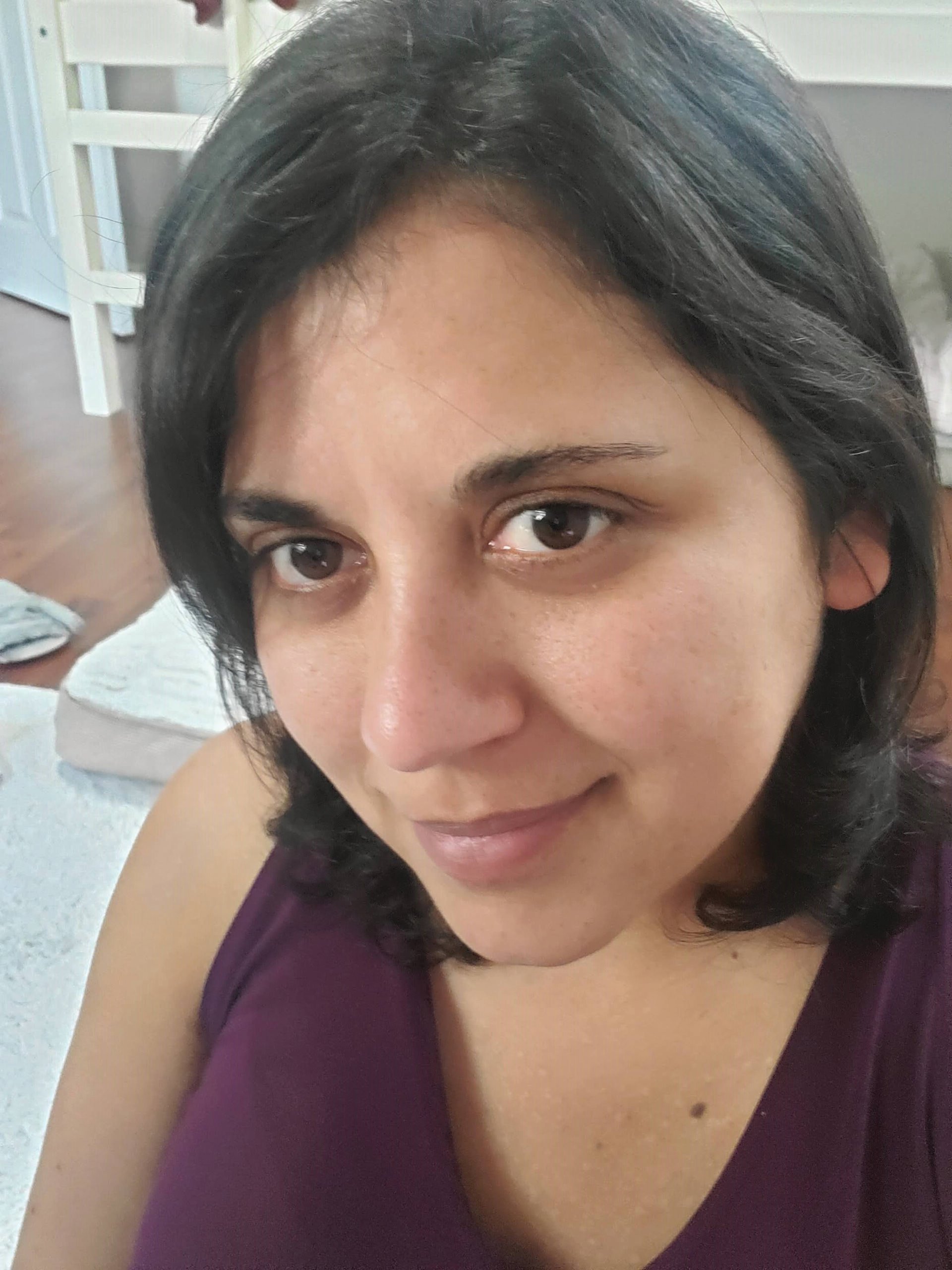
Knowing the disease was an important first step, but the condition is so uncommon that even the specialist did not know what was causing Channer’s condition. Channer went back to Guthrie for help, and he assured her that he saw a light at the end of the tunnel. One more test, an MRI of her pituitary gland, finally revealed the cause: a noncancerous tumor. That’s when Guthrie referred her to a neurosurgeon who had pioneered a procedure for pituitary surgeries in collaboration with ENT (ear, nose and throat) specialists.
“The neurosurgeon told me the operation had a 70 percent success rate for curing the disease,” Channer said. “I knew I needed to do it, but I was a bit nervous, so I called a former AHU coworker who’d also had brain surgery. When I talked to her, I found out her surgery was for the same disease! She said, ‘It’s a good thing you’re getting the surgery right away. I was so nervous that I waited, and by the time I went in, I had become nearly blind from the disease.’ ”
Channer’s successful brain surgery took place in November 2020. It took her two months to recover from the physical aspects of the procedure. It will take a full year for her to recover from the hormonal changes, but she said she is seeing a remission from the secondary conditions.
“I can walk again, drive, and sleep through the night,” she said. “I’ve already lost 30 of the 60 pounds I had gained from the disease.”

Prayer Journal
Channer put her prayer journal project on hold at the height of her health problems, but as soon as she felt recovered enough from the surgery, she picked it back up. When it was done, she self-published the journal on Amazon—realizing if it had helped her, it could potentially help others.
The cover photo of “My Prayer Journal Planner” was taken by Channer herself on one of her morning walks around the lake on the campus of AdventHealth University. It’s a photo of a sunrise reflected over the water. She said sunrises are deeply meaningful to her, as they remind her of God’s promises—promises she’s seen fulfilled in her own life’s journey.
“A sunrise is like God painting a special blessing for us,” she said. “They’re never the same, and only He can do that. It’s like He’s showing us that no matter what happens, the sun still rises the next day.”
The sun has risen once again for Channer. She said she feels better every day—and better than she has in years.
— Ingrid Hernández is manager of stakeholder/corporate communications for AdventHealth.
